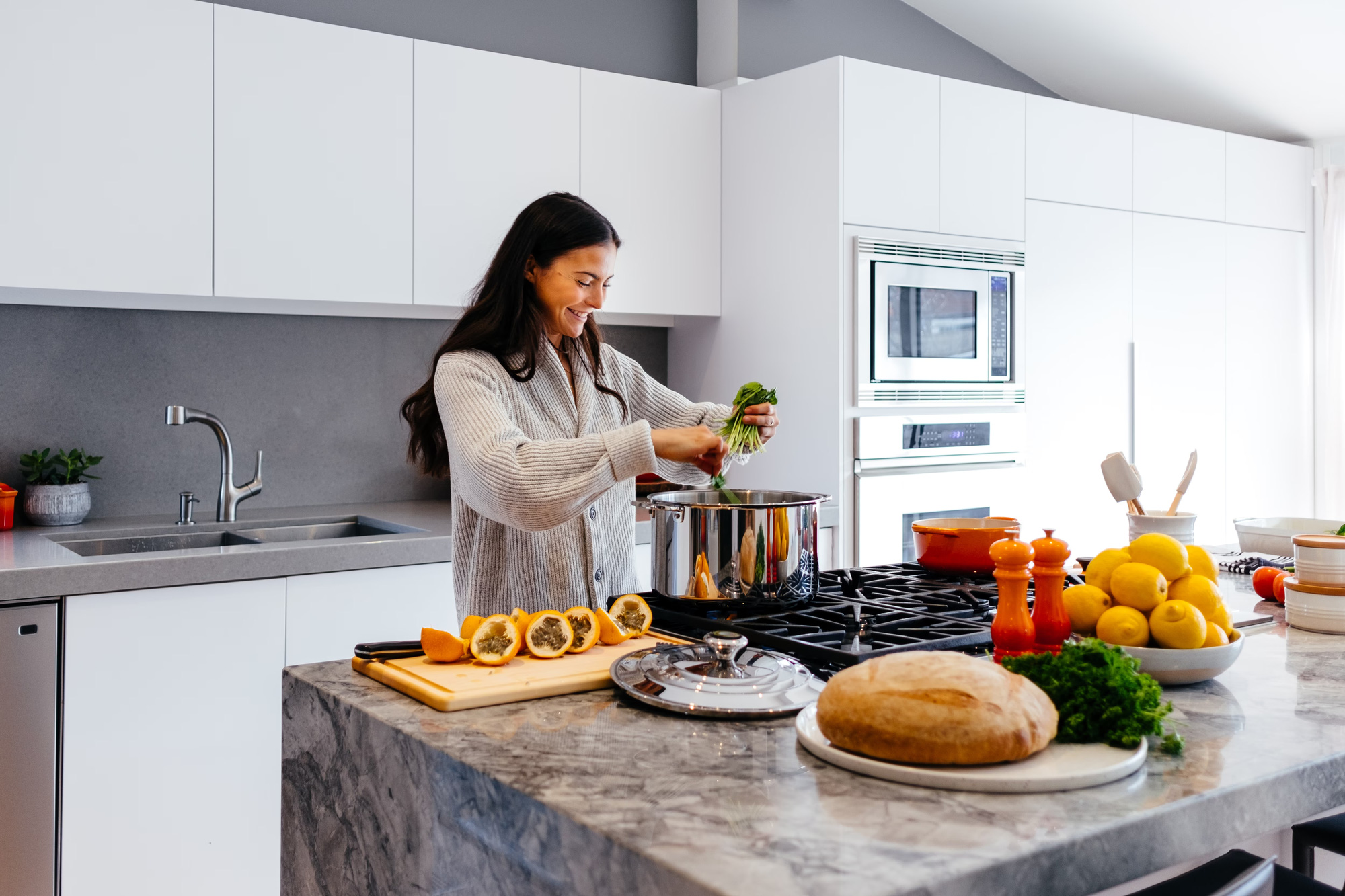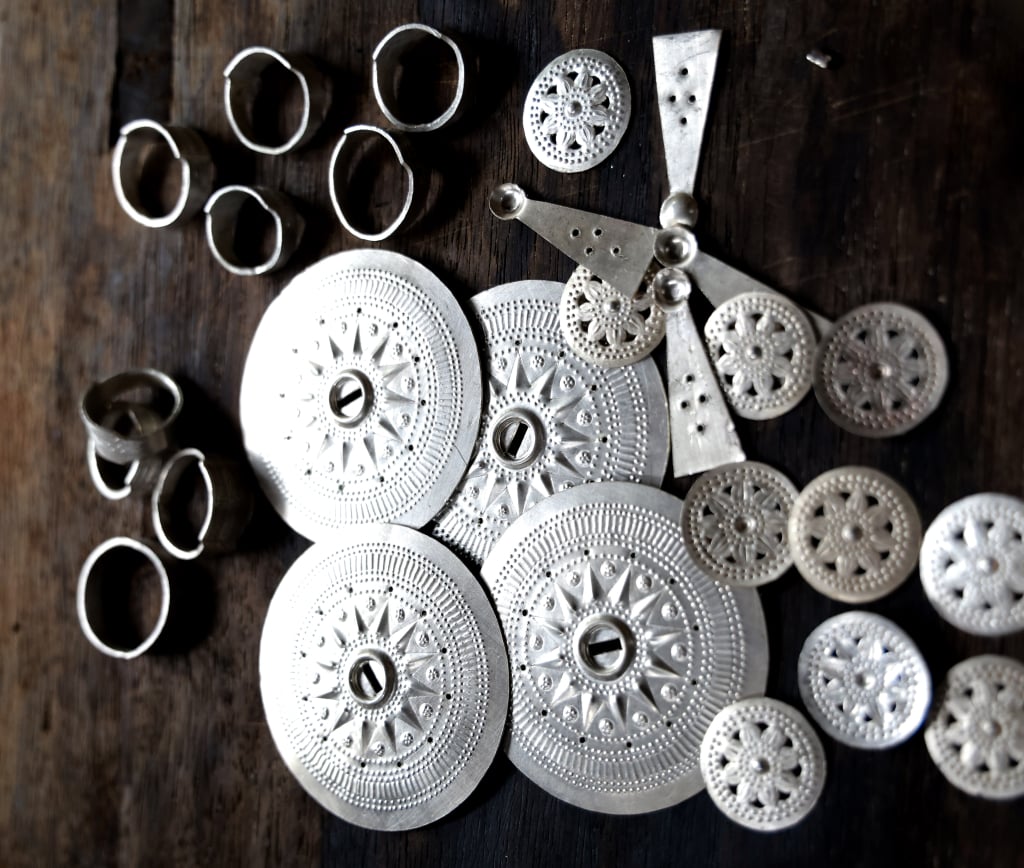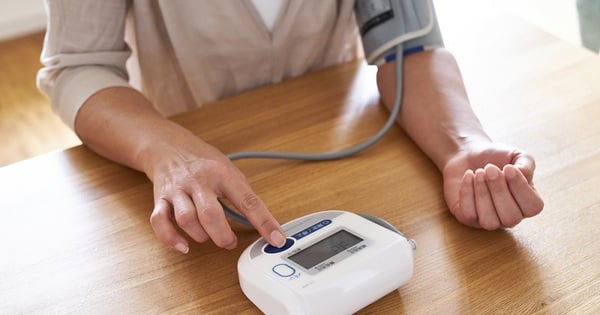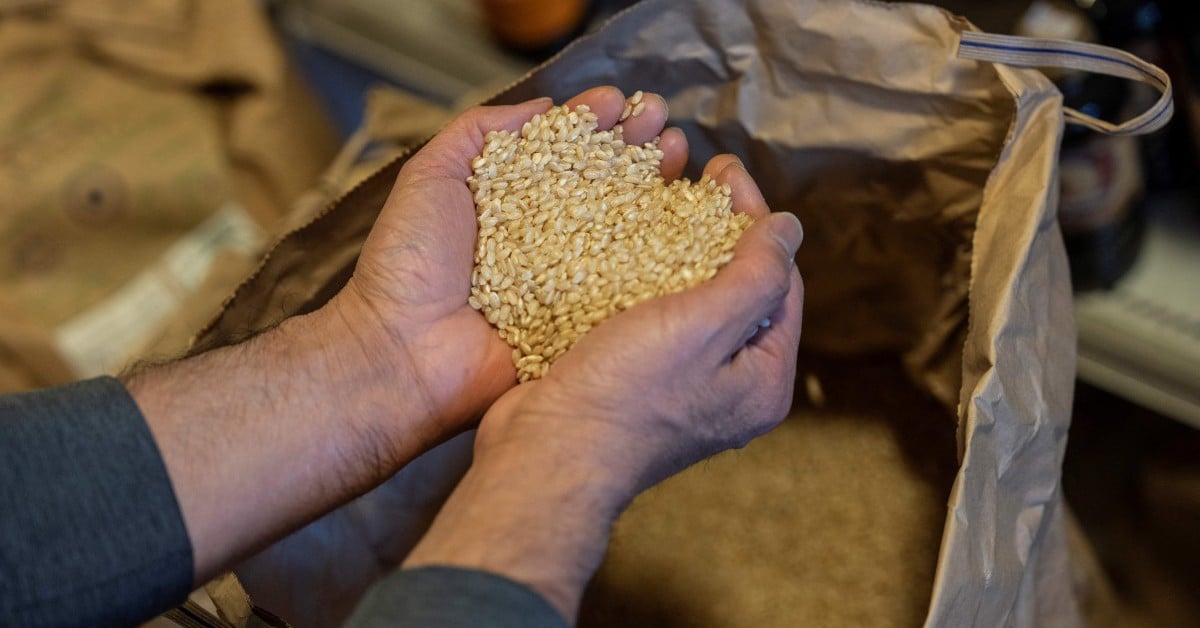According to Delish, more and more studies confirm that cooking at home will bring significant benefits to mental health.

People who regularly cook at home instead of eating out often consume fewer calories and have healthier diets - Photo: Hindustan Times
Previously, studies have also shown that people who regularly cook at home instead of eating out often consume fewer calories and have healthier diets.
Why is cooking good for mental health?
In a 2018 meta-analysis, the National Institutes of Health (NIH) reviewed 11 studies on the mental health benefits of cooking and found that “cooking interventions” can indeed boost self-esteem, reduce anxiety, and improve psychological well-being.
Elisabeth Crain, PhD, a psychologist in Southern California, explains the term "cooking intervention" refers to activities like creating a cooking routine, following a recipe, or taking a cooking class—anything that changes the way you think about cooking.
“When we’re going through a tough time, picking up a cookbook, finding an appealing recipe, shopping for ingredients, and having fun in the kitchen can unleash all of those positive mental health benefits,” Crain shares.
Preparing a meal at home can help you break free from a slump. No matter what challenges you're facing, cooking helps you focus on the task at hand, shifting your mind to a more positive state, Crain explains.
Cooking can create a sense of connection, accomplishment, and become a mindful practice, according to nutritionist Vandana Sheth. Preparing a meal often engages all the senses, creating a creative experience.
Not only is cooking a way to take care of yourself, it also helps build bonds with those around you.
If you struggle with spending too much time in front of a screen, can't clearly separate work and personal life, or find it difficult to stay on task, cooking can be especially helpful, says Courtney Morgan, a licensed psychologist and founder of Counseling Unconditionally in Kentucky.
Studies have also shown that “cooking interventions” are useful in rehabilitation therapy, as cooking requires skills such as planning and flexible thinking.
Nutritional and mental benefits
The nutritional benefits of cooking at home also support mental health. You can control the ingredients to avoid processed foods, and minimize salt, sugar, and unhealthy fats—factors that have been linked to inflammation and mood disorders like depression and anxiety, Sheth says.
Home cooks can focus on nutrient-rich ingredients like leafy greens and avocados, fatty fish, and more—all of which play a role in brain health and mood regulation. Adding fruits and vegetables to home-cooked meals can also significantly improve mental health.
However, Crain emphasizes, “Cooking has spiritual benefits and is therapeutic, but it is not therapy.” Be aware of the positive impact cooking has on your life, but don’t consider it a substitute for therapy, she says.
Crain encourages using all of your senses: "Smell the aroma of oregano or the rich flavors of the stew you're cooking, and turn on some background music—classical music is great for the nerves—to create positive associations in the kitchen."
When it's time to enjoy your meal, give yourself credit for a job well done. Research shows that feeling confident in the kitchen is good for your mental health, too.
Source: https://tuoitre.vn/nau-an-o-nha-thay-vi-an-quan-nhung-loi-ich-cho-suc-khoe-tinh-than-it-ai-ngo-20241210164011469.htm






























































































Comment (0)